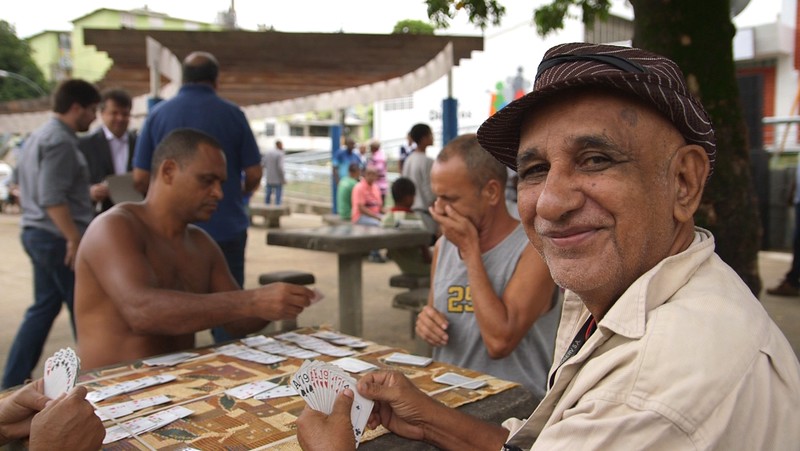The European Union, through EUROsociAL+, has promoted a cycle of webinars with the IDB, AFD and SISCA for the exchange of experiences between Europe and Latin America, which started with the theme of long-term centres for the elderly.

In the current situation of the worldwide spread of the COVID-19 virus, long-term care services for dependent people need special attention.
People with functional dependency are the group most vulnerable to the pandemic and in many cases, long-stay or day-care centres have become hotspots of contamination, affecting both users and their workers. Furthermore, in the current situation, the care of elderly and disabled adults is considered an even more essential service, since it allows for the alleviation of the burden on the health system, which is almost fully saturated due to the emergency. To counteract the pandemic, it is important to continue supporting these people, taking care of their health and helping with their physical and emotional well-being.
In collaboration with the Inter-American Development Bank, the French Development Agency and the Central American Secretariat for Social Integration, the European Union EUROsociAL+ Programme has launched a series of webinars on the measures being taken in Latin America and the Caribbean and Europe to guarantee the right to care for dependent elderly people in the current situation.
The first webinar focused on the topic of long-stay centres for the elderly. A report was recently published in Europe by the International Long Term Care Policy Network of the London School of Economics, which states that in many countries (for example, in Belgium, France, Spain, Italy, etc.) half of the deaths due to COVID-19 have occurred in nursing homes. These centres have become true hotspots for outbreaks of the pandemic, putting residents, who are already more fragile and vulnerable, and the people who work in these residences, at risk. Not a day goes by without news being heard of new infections in residential care centres, and it remains the case that when any resident becomes infected, it is very difficult to counteract the spread of the disease to all the other residents.
In Latin America there is a similar situation, although the late arrival of the virus on the continent with respect to Europe makes us hope that the numbers of those affected will not become so overwhelming and that measures can be taken in time. In this sense, the exchange of experiences between both continents may be crucial.
The webinar has seen the participation of a European expert, Lourdes Bermejo García, vice president of the Spanish Society of Gerontology and Geriatrics and institutional representatives from Argentina, Chile, Costa Rica, Mexico, the Dominican Republic, Uruguay and other European experts. Among the topics that stood out during the presentations: that swift responses and institutional interventions are crucial factors in avoiding contagion or the spread of the virus in the centres; the collective responsibility of users, workers and citizens, since irresponsible behaviour – though not directly related to long-stay centres – can have serious effects in this delicate area; the articulation between the health sector and the social-care sector; the possibility of developing plans involving all the players in a territory, including civil society and the private sector; and a fast and transparent flow of information between the different institutions involved.
The next webinar – 18 May at 10:00 a.m. in Washington – will address home care and telecare services.



